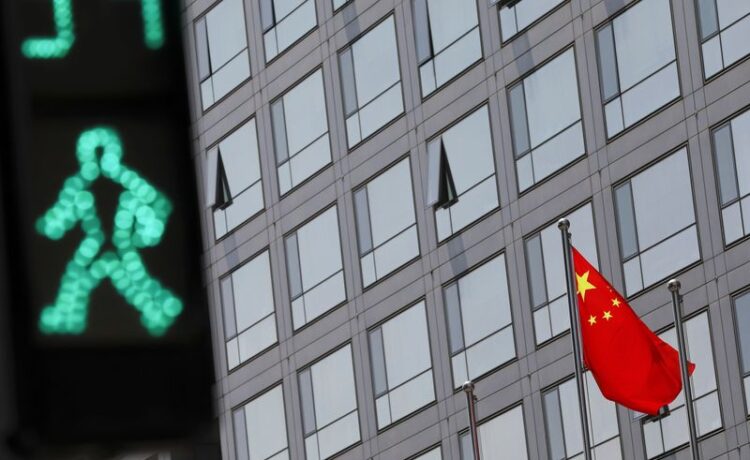SHANGHAI/SINGAPORE (Reuters) – China’s securities regulator is allowing mutual fund managers to sell more shares than they buy each day, three sources said, removing a ban introduced late last year aimed at propping up a flagging stock market.
The China Securities Regulatory Commission (CSRC) late last year barred major mutual fund companies from selling shares on a net basis on any day, answering top leadership calls to stabilise a market that was among the world’s worst performers.
CSRC didn’t immediately respond to a request for comment.
One source directly aware of the change suspected the policy shift was partly due to growing redemption pressures on funds.
“If you net sold stocks at the end of last year, you would get calls from regulators,” the source said, adding he received no such calls this year.
It’s understandable, as “if you cannot net sell stocks, you don’t have the money to repay redeeming investors.”
Such so-called window guidance – or unofficial, verbal advice from regulators – has disappeared in recent days, two sources with direct knowledge of the issue said.
“The net selling restriction here has been removed. We can now net sell stocks,” said one of the people.
China’s blue-chip CSI300 Index slumped 11% last year amid a faltering post-COVID economic recovery, a deepening property crisis, and geopolitical tensions.
The CSI300 index was one of the world’s worst-performing markets in 2023, despite a slew of government support measures that included a cut in stamp duty on trading, restrictions on share sales by listed companies, and a slow down in the pace of listings.
In its latest market-supportive measure, the CSRC informally asked some of China’s biggest mutual fund managers to prioritise the launch of equity-based funds over funds based on other types of securities.
Reflecting heavier selling pressure, China’s blue-chip index fell to its lowest level in nearly five years on Monday, which traders say reflects a lack of confidence in the strength of the domestic economy and increasing tensions with the United States and its allies.
(Reporting by Shanghai newsroom: Editing by Neil Fullick)














